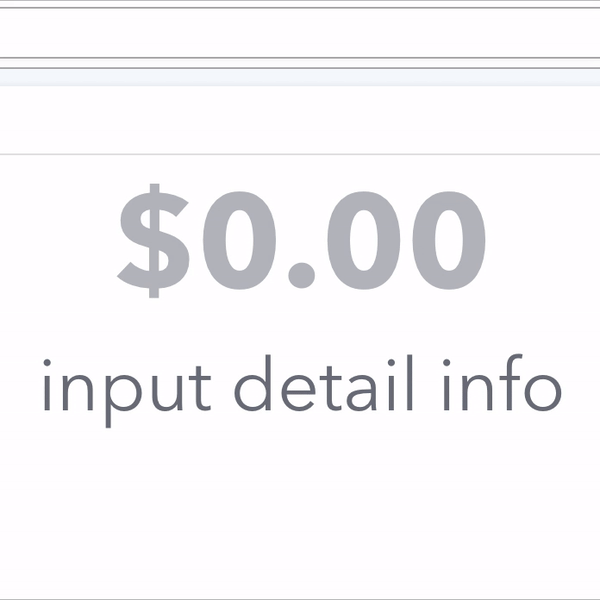After accomplishing this twice now on two different occasions, I want to note it down for future reference. I think this is pretty core functionality for number inputs.
When you type into a currency field, the field should adapt and reflect your text input. The experience is much cleaner if you're only ever typing numbers.
Thus this:
// First, remove any '$' or decimals.
let val = input.toString().replace('$', '').replace('.', '');
let vallen = val.length
// Ensure it is a number
if (parseFloat(val)) {
// Add a 0 for edge case to ensure: "$0.04"
if (vallen < 2) { val = '0' + val; }
// Add the decimal to the correct place
let output = val.substr(0, vallen - 2) + '.' + val.substr(vallen - 2, vallen);
// Clean up float and add back '$'
output = '$' + parseFloat(output).toFixed(2).toString();
}Now that I'm writing this, it seems like the line for the fourth comment is redundant. Why am I adding a decimal and then cleaning up the float value? Shouldn't parseFloat(output).toFixed(2) do all the right work?
But that step is required to ensure the differences between '0.04' and 0.40 and 4.00 are all taken care of. :smile:
It's actually the final line where the redundancy comes. I use parseFloat for the case of 00.040 where there maybe extra zeros present. And toFixed(2) is for the case when 6.00 simplifies to 6.
And it all works:

If there's a more efficient way to do this please let me know :D

